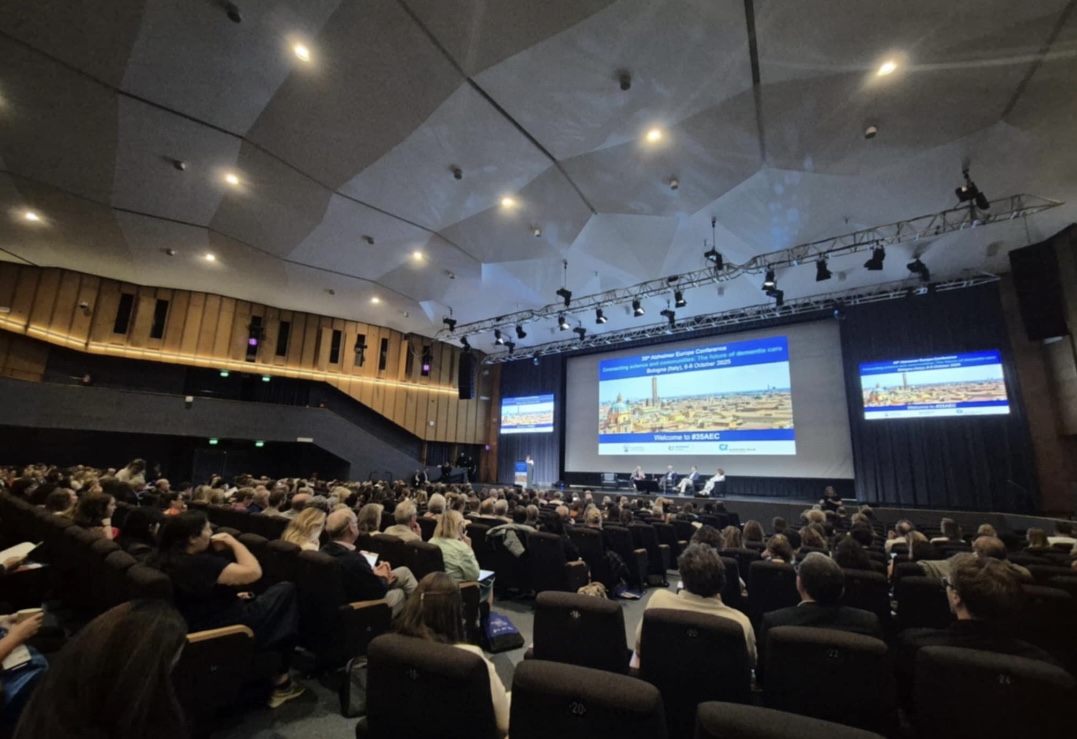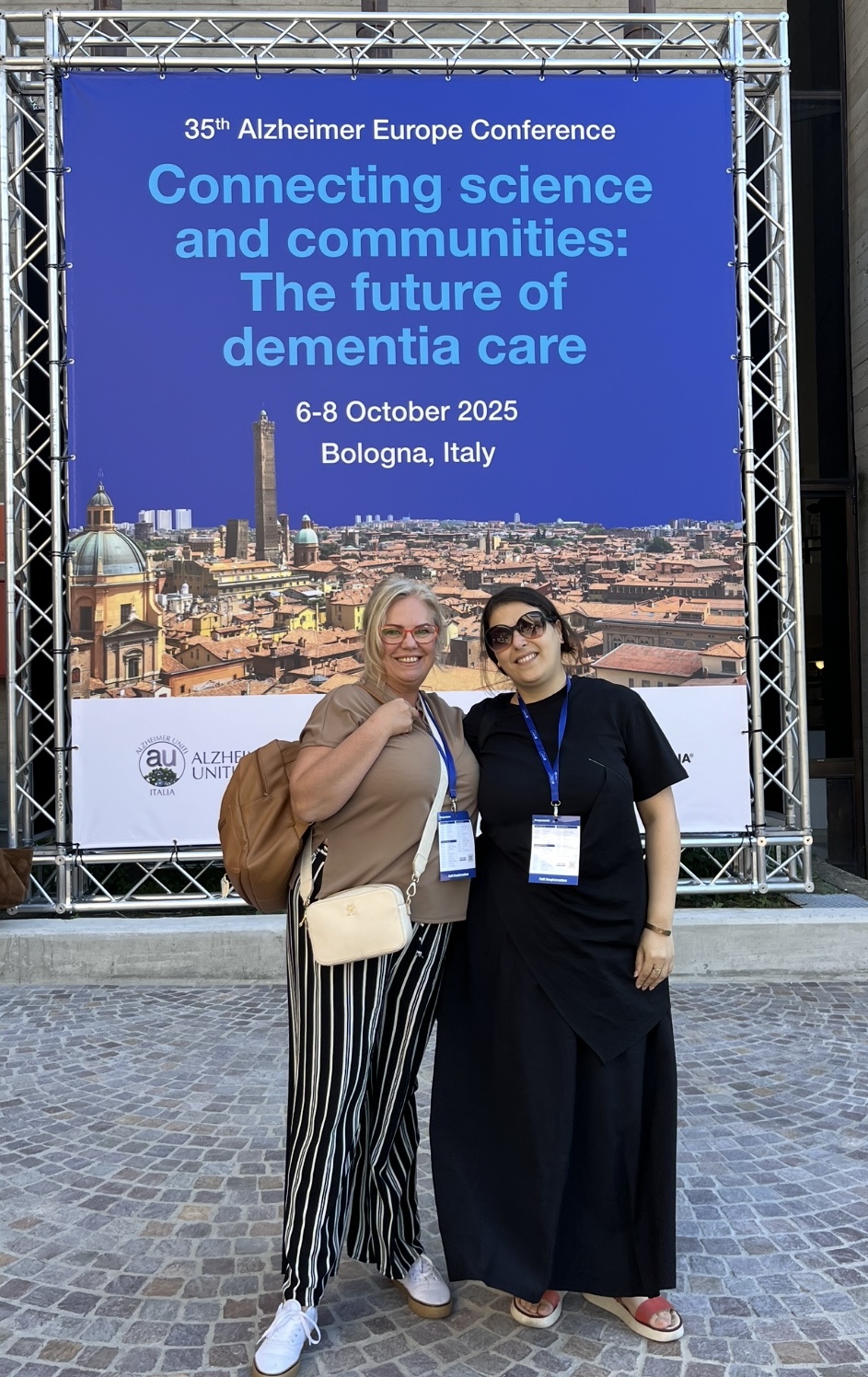Minority Voices Are Becoming Stronger in Dementia Research
When I was first invited to join the Alzheimer Europe expert team to work on specific issues related to dementia in ethnic minority groups, we were featured at the AE conference in only one small session. At that time, we were just beginning: we had to explain why the perspective of minority groups is an important part of dementia care and research.
See the AE 2018 report: The development of intercultural care and support for people with dementia from minority ethnic groups.
This progress highlights a powerful shift: minority voices are now shaping the broader conversation in dementia research and care.
The 35th Alzheimer Europe Conference underscored this: minority experiences are now considered vital to dementia diagnosis, care, and research, as reflected by multiple well-attended sessions focused on these perspectives.
It has been a joy to see new researchers and professionals entering the field! Through new forms of collaboration, we continue to discover fresh perspectives on how dementia can be understood and addressed in a diverse society. Our work truly matters.

Collaboration and Networking Across Borders

Networking and shared learning are vital in our field. In Bologna, it was especially inspiring to meet my ENIEC network colleague Saloua Berdai and hear about her work.
Saloua presented her research titled: “Moving toward inclusive dementia care for an ethnically diverse population in Belgium.”
In her presentation, she pointed out that in Belgium – as elsewhere in Europe – the population is both ageing and becoming more diverse, which challenges existing care models. According to her, culturally “sensitive” care is not enough; what is needed is an inclusive approach that takes into account the individual’s background, religion, social status, and the roles of both informal carers and professionals.
Berdai emphasised that people’s needs are complex and constantly changing, and therefore care must be flexible and genuinely participatory – care that recognises the whole person and their community.
Key Takeaways from the Conference
One recurring message in Bologna was: “Your best is good enough.” It’s an important reminder for all of us who work with people. Instead of striving for perfection, the focus should be on genuine encounters and active listening.
The conference also highlighted issues related to death and end-of-life care, which too often receive little attention in the context of dementia. The importance of timely diagnosis was particularly emphasized in end-of-life planning: family members said they wished for a diagnosis one or two years earlier so that there would be more time to prepare. Conversations about death with a person living with dementia often start in the early stages of the disease, even though there are many meaningful phases of life in between. This reminds us that the discussion about dementia is not only about reflecting on the past, but also about planning for the future and creating meaningful moments.
The event also underlined that external changes – such as migration, life trauma, and social transformation – can cause ethical and moral dilemmas in care and support. People cannot always adapt easily to new circumstances, and therefore, we need more cooperation skills and shared practices to make care truly inclusive and flexible.
Several sessions emphasized the importance of shared platforms and knowledge exchange between informal carers and professionals. The potential of technology was widely recognized, but participants were also reminded that digital competence and the ability to convey empathy through technology require practice and awareness.
Many speakers brought up the significance of demographic diversity and cultural differences in how dementia is recognized and how care is sought. This confirms the need for more education and support for both professionals and communities to ensure that services are genuinely accessible to all.
One participant living with dementia summed it up beautifully: “I have a limited life, but I am still looking for solutions.”
That sentence stayed with me as a reminder of why we do this work. Every person has the right to be heard, seen, and supported based on their own circumstances.
The Alzheimer Europe Conference in Bologna 2025 clearly demonstrated that the perspective of minority groups is no longer on the margins. It is now an essential part of dementia research and care. This progress gives hope – and motivates us to continue the kind of collaboration that makes the world a more understanding place for all of us.
Text by: Siiri Jaakson
Takaisin